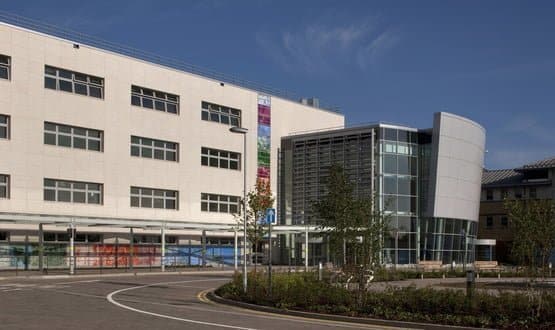CSC redundancies labelled “knee-jerk reaction” in parliament
- 13 March 2017

Mass redundancies by a huge NHS software supplier have been labelled a “knee-jerk reaction” by MPs, with concerns about the impact on health IT services.
Cuts by the US-based company, CSC, were debated in the House of Commons on 28 February.
In comes as Department of Health officials continues to seek written assurances from the company that NHS’s critical IT services will not be disrupted.
In January, CSC announced 1,100 staff would be laid off out of its 6,500 strong UK staff.
The company, that was contracted to deliver Lorenzo under the National Programme for IT, is expected to merge with Hewlett-Packard Enterprise in April 2017 to form DXC Technology.
In the debate Mark Hendrick, MP for Preston, said that “the redundancies are being made as a knee-jerk reaction following disappointing financial figures for CSC, in order to prop up its share price before a merger with HP”.
CSC did not confirm how many healthcare staff would be affected, but a spokeswoman in January said it would be between 10% and 20%.
A spokesman said in a statement to Digital Health News on Friday that “in order to align skills and resources to the demands of the market, we are continuing to restructure parts of our UK organisation”.
“As a result, we have identified a number of roles that potentially will be removed from the business.”
In the debate, MP for Chesterfield Toby Perkins, who proposed the motion, said in total 2,350 people will have been made redundant in the last financial year.
The CSC spokesman added that the company has opened a voluntary redundancy programme, and “there will also be opportunities for employees to reskill, with the potential of joining other areas of CSC’s UK business”.
Gill Furniss, MP for Sheffield, Brightside and Hillsborough, said that “with the scale and the speed of the cuts, CSC will endanger its own ability to provide its IT services… any knock-on effect to critical IT services could have very serious consequences”.
In May 2014, CSC said it would make 750 UK workers redundant, as part of its “ongoing transformation strategy”, followed by another 750 staff one month later.
This followed job losses in 2012 from staff working on its NHS account, with 500 people made redundant, as NPfIT work wound down. This announcement led to protests in CSC’s Chesterfield, Chorley, Leeds and Solihull sites.
In December 2016, 499 redundancies were announced by the company.
Margot James, parliamentary under-secretary of state for business, energy and industrial strategy, said that CSC has been formally requested to offer reassurance that the redundancies would not impact its service.
While verbal assurance was provided at the beginning of February, “NHS Digital and the Department of Health continue to seek full written assurances”.
She said the Cabinet Office was in regular contact with CSC “about the viability of the contracts it has assumed”.
“It has been given every assurance that the business will be ongoing and unaffected.”
Mike Eatwell, Unite trade union regional officer, said in a statement that the redundancies would be fought “tooth-and-claw”.
“The NHS cannot run without effective computer support systems and the reductions – in some cases proposals to make 50 per cent redundant – could put patients’ lives in jeopardy.”
In May last year, CSC announced its merger with competitor HP Enterprise Services, a company that is a corporate IT solutions company that split off last year from HP
The highest profile trust using HP is Cambridge University Hospitals NHS Foundation Trust, which uses the service to provide infrastructure and hardware for its eHospital programme.
However, in November last year, repeated outages at the trust led to a “network resilience” review and weekly meetings with senior Hewlett Packard executives.
Digital Health Intelligence lists 160 trusts as using CSC systems, including Lorenzo. Many are a legacy from the company’s time as local service provider for the North, Midlands and East of England as part of the NPfIT.
CSC’s main sites are at Aldershot, Banbury, Chesterfield, Chorley, Leeds, London and Preston.





1 Comments
Grow up NHS, IT supplier organisations, like the vast majority of other responsible organisations, are not in the privileged position of being able to run @ a loss, they will “invest” when it is appropriate. However sometimes organisations based on an IT platform will run at a loss until they are established and sold, then with just a bit of advertising (and users can for a small fee, block that out) they can become sustainable. When the NHS was “launched” there was not so much tech/data, but things have changed “now”, haven’t they? The NHS needs to change, doesn’t IT?
Comments are closed.